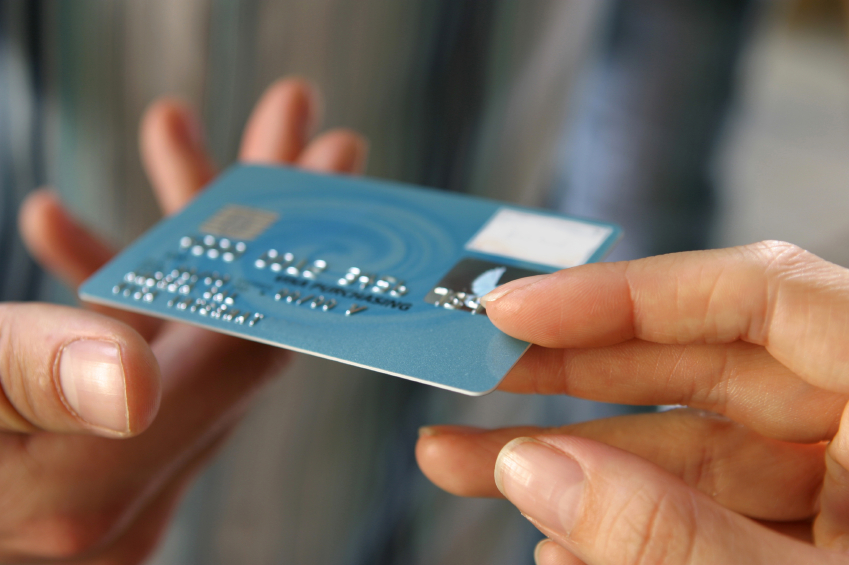Blog — The Snow Report
Why Point-of-Purchase Data Mining Gets Under My Skin
Posted on September 30, 2011 by admin
Today is picture day at my daughter’s daycare. In my unbiased opinion, she will be the most photogenic and adorable child present, partly due to genetics, but also partly due to the outfit my wife picked out for her last weekend at Ridgedale Mall.
I was along for the ride during this mission, and when I wasn’t checking my phone for fantasy football updates, I was giving nods of approval for the various outfits my wife considered. We were in some sort of chic designer clothing store catered to parents of infants and toddlers, so pretty much every outfit looked to be picture-day ready. We aren’t normally the type of parents to shop in such stores, but again: picture day. Out-of-state grandparents demand satisfaction.
When the decision was made, I had a conversation with the cashier that made me think about direct marketing, and how the quest for personal data seems to have become a never-ending struggle between retailers and consumers.
Cashier: Is that all for you today?
Me: Yes, thank you.
Cashier: OK, what is your email address?
Me: No, thank you.
Cashier: No problem. What is your phone number?
Me: No, thank you.
Cashier: OK. Are you a member of our rewards program?
Me: No, thank you.
And so on. Eventually I was able to hand over a credit card, take my item and leave the store. But the whole experience just left me slightly irritated. It’s not that I haven’t been through that song and dance before – indeed, nearly every retailer these days requests the same personal data if you so much as pop in for a pack of gum.
Now, I work in marketing and public relations. I get it. Customer loyalty programs are great for generating repeat business and showing appreciation for reliable patrons. Phone numbers lead to addresses which lead to direct mail offers. These campaigns can be successful, else they wouldn’t be so prevalent (more so all the time, it seems). But we don’t even have a land line. Our cell numbers won’t provide an address, and we certainly don’t want to receive offers via text message. Is there a risk that eventually there will be pushback from consumers? A polite “no, thank you” isn’t a big deal, but three or four for a single transaction, times many transactions over time add up and, if you’re like me, it sours the experience. Customers want to get in, out and on with their busy lives. The personal nature of the requests can be off-putting. Customer lists are sometimes sold to third parties leading to a greater supply of junk mail.
Retailers generally have to market to survive, and I’m not advocating they stop doing so. What I would suggest is smarter, more personal marketing that avoids holding up, or even badgering, every customer at the point-of-purchase. Also, a little employee communications coaching can go a long way. Instead of “What is your email address”, opt for a softer approach. “Would you like to provide an email so we can send you exclusive offers?” It’s more courteous, it’s transparent, and it becomes a two-way opt-in process.
Point-of-purchase data mining isn’t likely to go away any time soon. A few tweaks to the way retailers go about handling the process though could result in a better response rates, higher levels of trust, and in my case, less annoyed customers.
Regardless, I still can’t wait to see how the pictures turn out.
